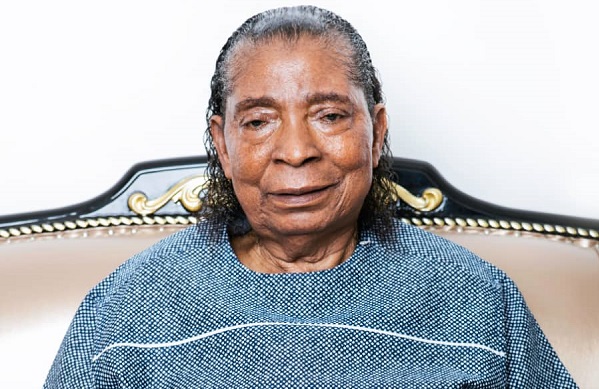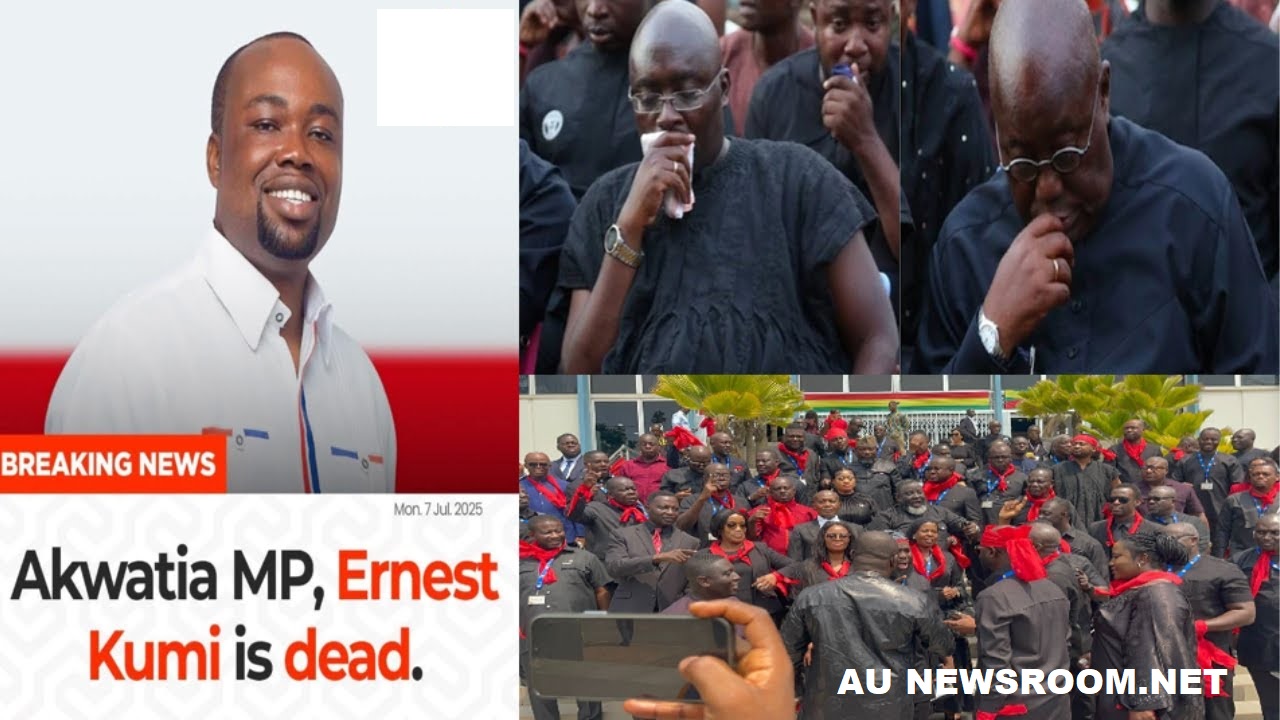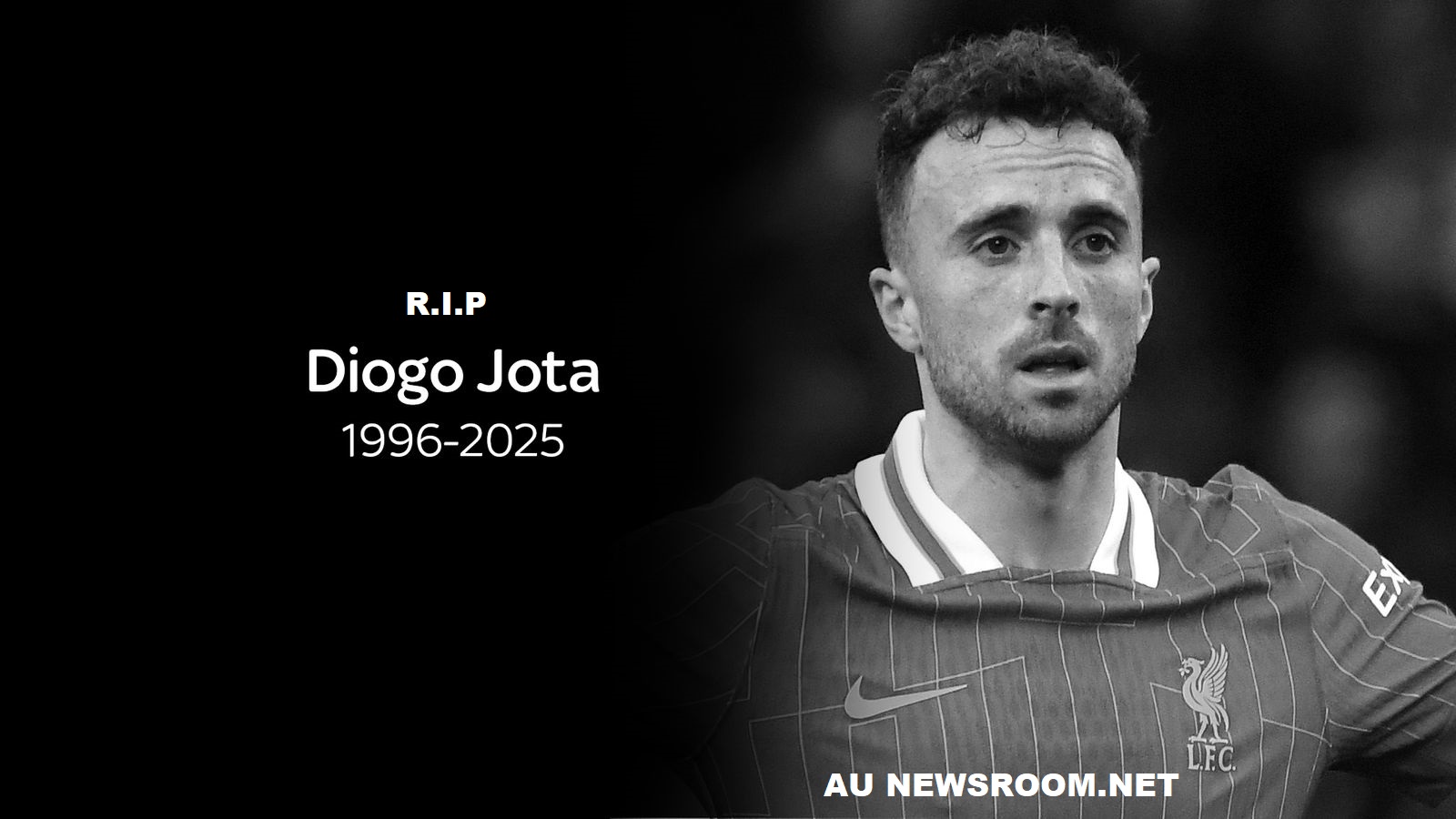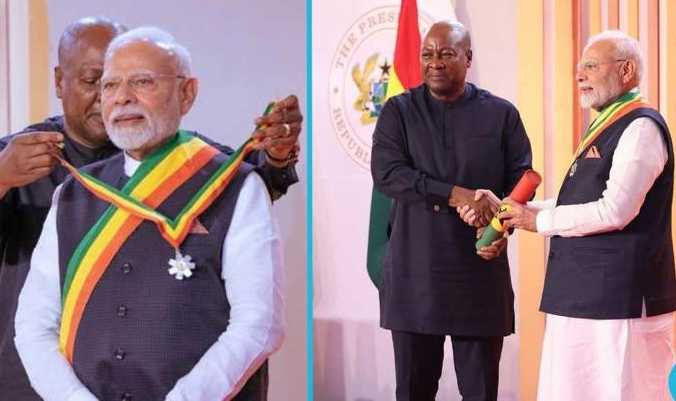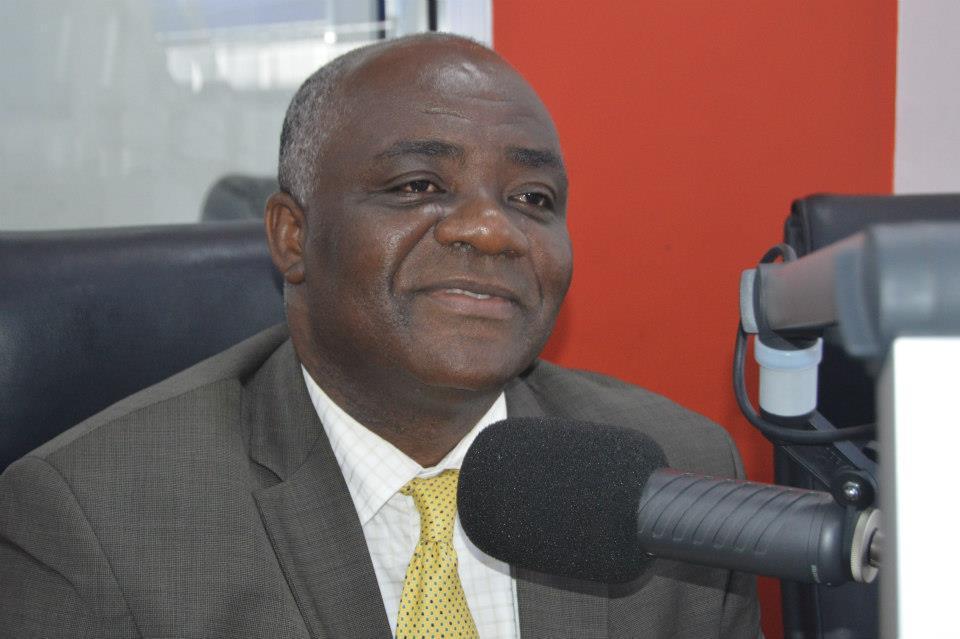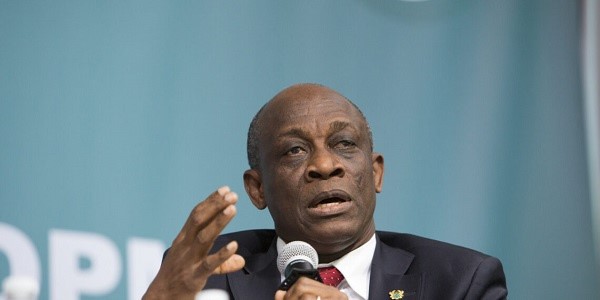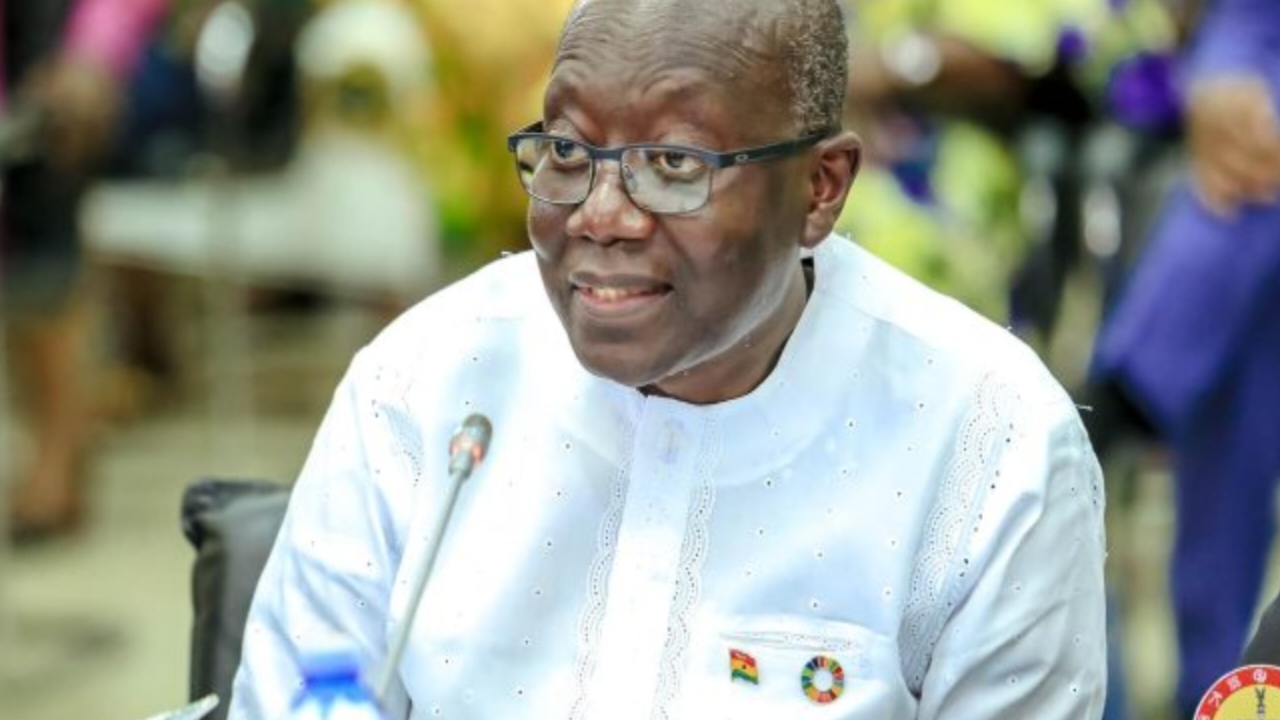Ghana can meet its debt obligations when they fall due, provided it adheres to the objectives of the $3 billion loan-supported program with the International Monetary Fund (IMF). This assertion was made by Stéphane Roudet, IMF Mission Chief for Ghana, during a roundtable discussion with Ghanaian journalists at the IMF and World Bank Group spring meetings in Washington, DC.
Key Points
- Debt Repayment: Ghana’s 2025 budget includes provisions for repayment of arrears below the line of GHS13 billion to meet debt obligations.
- Fiscal Reforms: The IMF has observed implementation of fiscal reforms, including an amendment to the Procurement Act, centralizing the Ministry of Finance in project implementation.
- Programme Objectives: Ghana’s budget aims for a primary surplus of 1.5% of GDP, supported by strong spending and revenue efforts.
- Structural Challenges: The IMF and Ghanaian authorities discussed measures to tackle structural challenges, such as the Fiscal Framework and Fiscal Council, to bolster the country’s fiscals.
Background
Ghana has been implementing a three-year $3 billion Extended Credit Facility (ECF) program with the IMF since 2023, aimed at restoring macroeconomic stability and debt sustainability for economic resilience and stronger growth. The program, expected to end in 2026, has seen the country make progress in fiscal reforms and debt management.
IMF’s Assessment
The IMF’s assessment highlights Ghana’s ability to meet debt obligations, contingent on raising necessary financing. The pace of debt repayment will depend on the government’s ability to secure financing. With a strong budget and fiscal reforms in place, Ghana is positioning itself to meet debt obligations and achieve economic stability.


